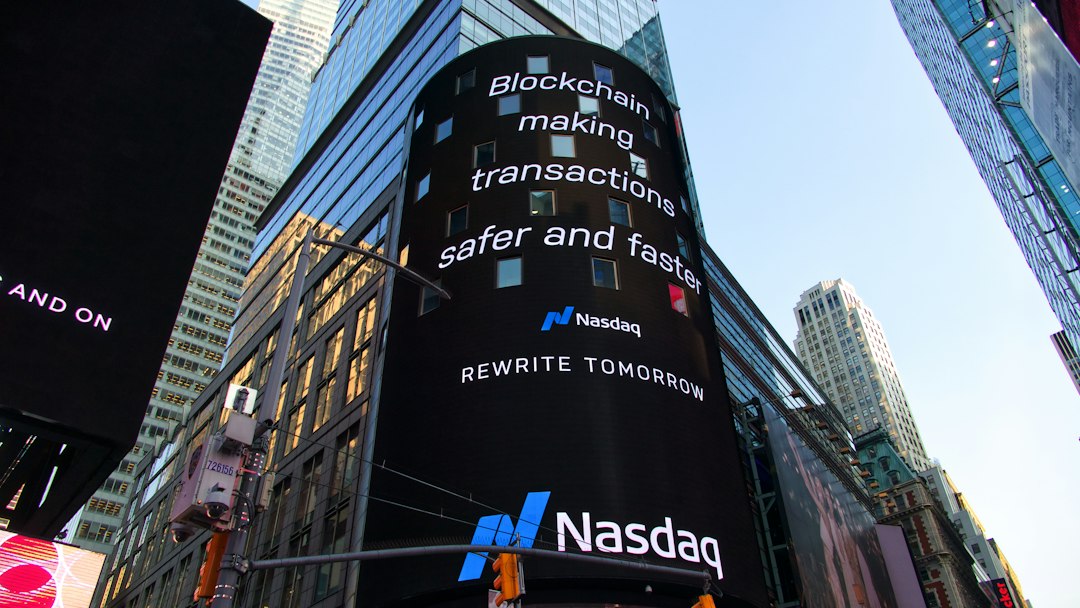Crypto Exchange OKX Launches Ethereum Layer-2 Testnet
OKX, the sixth-largest centralized crypto exchange, has announced the launch of a testnet for its upcoming Ethereum layer-2 network called “X1.” The network, developed using the Polygon chain development kit (CDK), will utilize zero-knowledge proofs to validate deposits and withdrawals between layers. This initiative aims to enhance Ethereum’s scalability and accessibility.
OKB Token and Mainnet Launch
OKX’s native token, OKB, with a market cap of over $3.6 billion, will be the primary coin used to pay gas fees on the mainnet version of X1. With over $1.8 billion in daily trading volume, OKX is positioning itself as a significant player in the crypto space.
Contribution to Polygon Ecosystem
The development of X1 using the Polygon CDK aligns it with the broader Polygon ecosystem, offering interoperability with other networks and ecosystems. OKX also plans to contribute substantially to the Polygon CDK software and invest engineering resources in enhancing Ethereum scaling solutions.
X1’s Role in Web3 Onboarding
Jason Lau, OKX’s chief innovation officer, emphasized X1’s role in educating and bringing users into the world of Web3. The network aims to provide a scalable and accessible platform for developers to build user-friendly Web3 applications while maintaining interoperability with other networks.
Exchange Networks and Sidechains
OKX has previously launched OKT Chain, an Ethereum sidechain utilizing OKB as its native coin. Other major exchanges like Binance and Coinbase have also ventured into building their own networks. Binance introduced BNB Chain in 2019, while Coinbase launched its layer-2 “Base” network on Aug. 9.
Hot Take: OKX’s X1 Testnet Paves the Way for Ethereum Scaling Solutions
OKX’s launch of the X1 testnet utilizing Polygon CDK technology signals a significant step toward enhancing Ethereum’s scalability and accessibility. With OKB positioned as the native coin for gas fees on X1’s mainnet, OKX is poised to play a pivotal role in driving Web3 adoption and fostering developer-friendly applications within the broader Polygon ecosystem.





 By
By

 By
By
 By
By
 By
By